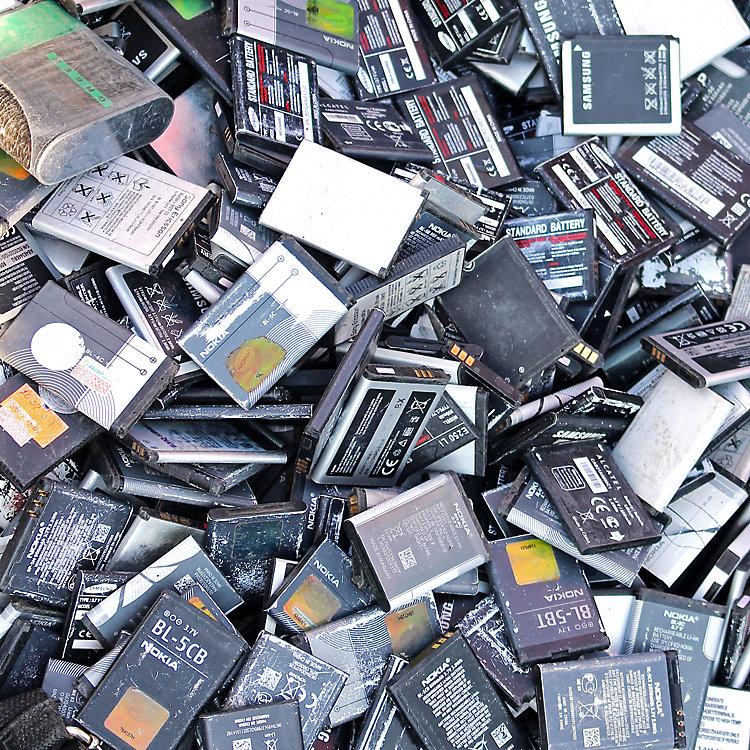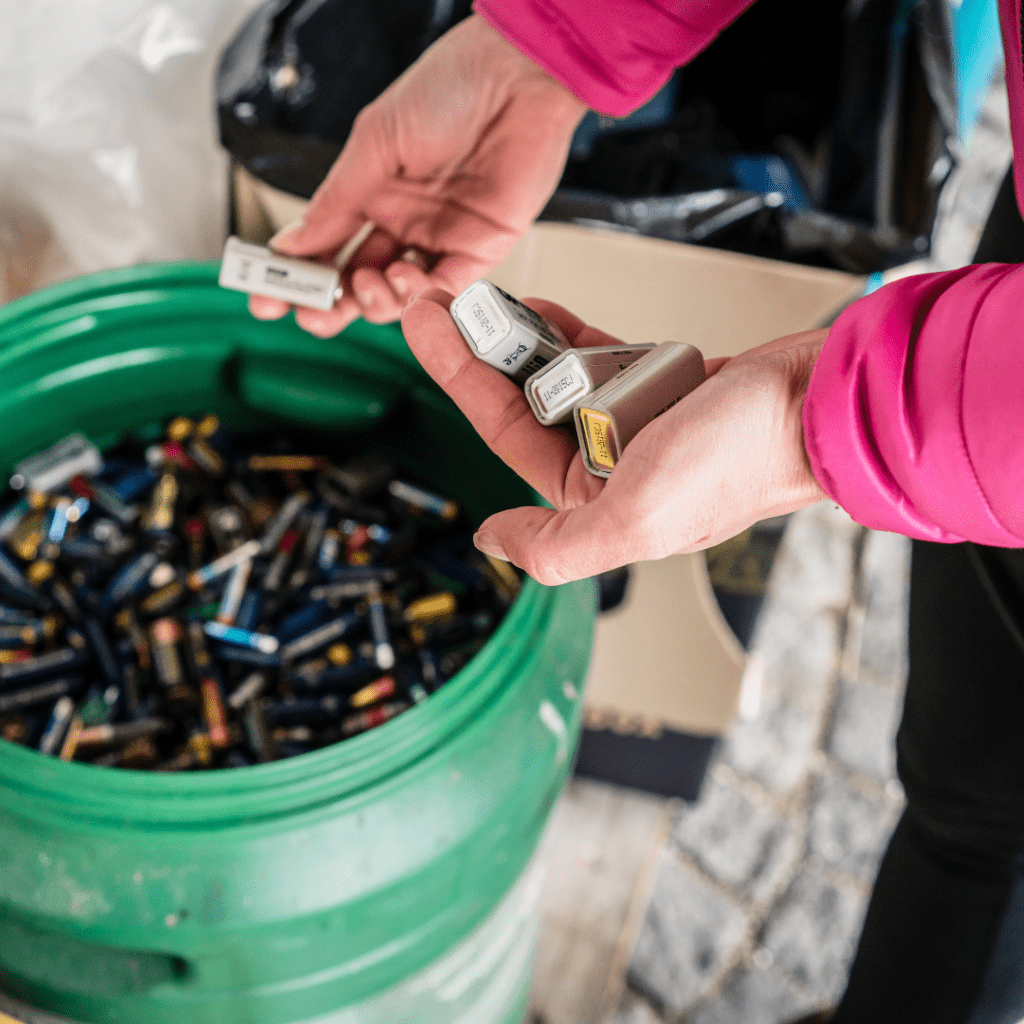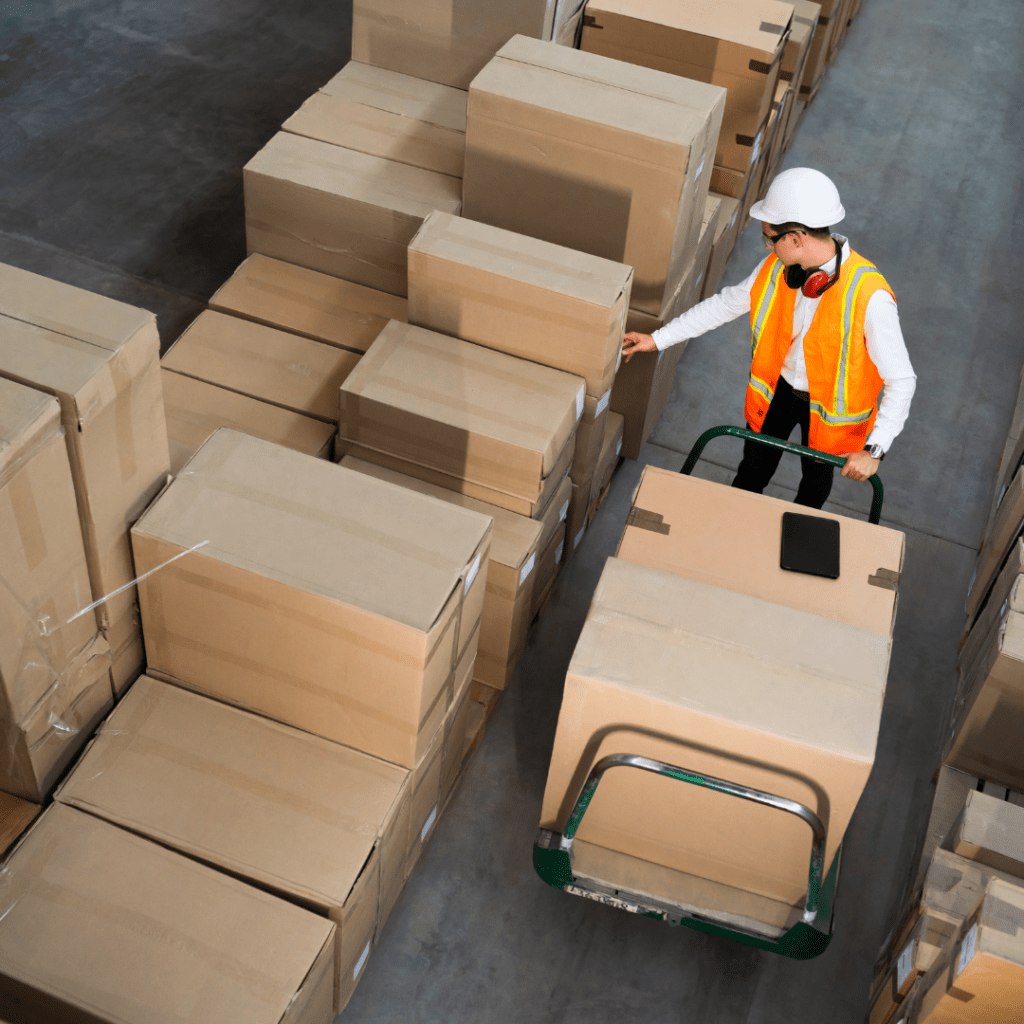Without batteries, we’d all be fighting over the wall plugs to make a call, watch a show, do some work, and listen to music. They are more important than we know, but like many good things, they come with terms and conditions. Batteries can be very bad for the environment when we throw them away with other rubbish, so recycling them is a must.
Unfortunately, battery recycling is a complex process and South Africa never had the infrastructure to do it – until now. In September 2024, Cwenga Lib will be launching a recycling station for lithium-ion batteries at its facility in Germiston, Gauteng. This plant will be the first lithium-ion battery recycling facility in the Southern Hemisphere.
What are Lithium-Ion Batteries, and Why Recycle Them?

Lithium-ion batteries are the rechargeable batteries we use in cell phones, laptops, Bluetooth speakers, and electric cars. They’re also known as Li-ion batteries and are the most commonly used battery type today. They get their name from the chemical reaction that happens inside the battery where lithium ions move between the positive and negative electrodes to generate electricity.
Most Li-ion batteries are made from graphite, lithium, and cobalt with a small percentage of plastic separating the different components. Some Li-ion batteries also contain nickel, manganese, and phosphates. Most of these materials are finite and non-renewable, which is why battery recycling is so essential. If we don’t recycle Li-ion batteries, all the valuable metals inside them will go to waste.
Some Background on Battery Recycling
The goal of battery recycling is to separate all the materials found in battery waste so we can reuse them for other purposes. The process generally starts with manual sorting, where workers categorise different types of batteries into separate buckets. Then, machines shred the batteries into tiny pieces, after which they use magnets or chemicals to pick out different metals.
Finally, the plant operators send the recovered materials for further processing. Some components, such as lithium and cobalt, can be used to make new batteries. Others, like zinc and manganese, may be sent to farms to be used as fertiliser.
What Makes the Cwenga Lib Battery Recycling Station Different?
In South Africa, our battery recycling capacity is limited. Before Cwenga Lib launched its facility, the only local recycling plants we had were for lead-acid car batteries, not rechargeable lithium-ion cells. If we wanted to recycle Li-ion batteries, we had to export them to China or Europe, which can be expensive. Unfortunately, this means most of them ended up in landfills.
Cwenga Lib launched its facility to give South Africans a local, affordable, and more eco-friendly option for lithium-ion battery recycling. Although China is the largest recycler of Li-ion batteries in the world, its processes are extremely chemical- and energy-intensive.
Conversely, the Cwenga facility is small and modular and can process batteries at room temperature without toxic chemicals. The machine only needs two to four operators and is designed to help small businesses and communities recycle on site.
Using Recycled Batteries to Power Our Economy
Setting up a new battery recycling facility in Gauteng is not only good news for the environment but for the economy as well. The materials Cwenga Lib recovers from its plant can be used by local factories, boosting our manufacturing sector. Some materials can even be used for agriculture, helping farmers fertilise their crops.
This flow of materials is called a circular economy, which relies on recycled, reused, upcycled, restored, renovated, and refurbished products and parts to power economic activity. The Ellen MacArthur Foundation has been promoting circular economies since 2010 as a way to reduce pollution, create jobs, and tackle climate change.
Support Our Recyclers – Start Collecting Batteries Today!
Cwenga Lib is calling on producers, collectors, and the public to get involved in Li-ion battery recycling and help them expand this new initiative across the country. Together, we can be champions of recycling and pioneers of green technology for the African continent.
- Retail businesses – set up a take-back scheme for batteries bought from your shop and send them to Cwenga for recycling.
- Packaging producers – print recycling instructions for Li-ion batteries on electronics packaging to make it easier for consumers to get involved.
- E-waste collectors – partner with Cwenga to install a battery recycling unit at your workplace to increase your earnings and take part in the circular economy.
- Individuals – start a battery collection at home or set up a drop-off point for your office, school, and community groups.
- Battery importers – join a producer responsibility organisation (PRO) to help fund battery recycling initiatives and meet your legal EPR obligations.
- PROs – partner with Cwenga Lib to offer local Li-ion battery recycling options to your EPR members.
Launch Your Battery Recycling Program With eWASA
In 2023, the South African government expanded its EPR legislation to include portable battery waste. The goal is to eradicate batteries from landfills and divert them towards more eco-friendly waste management streams. eWASA is a registered producer responsibility organisation, and we help battery producers meet their legal obligations and make a positive impact on the planet.
For more information about eWASA membership, please get in touch!


